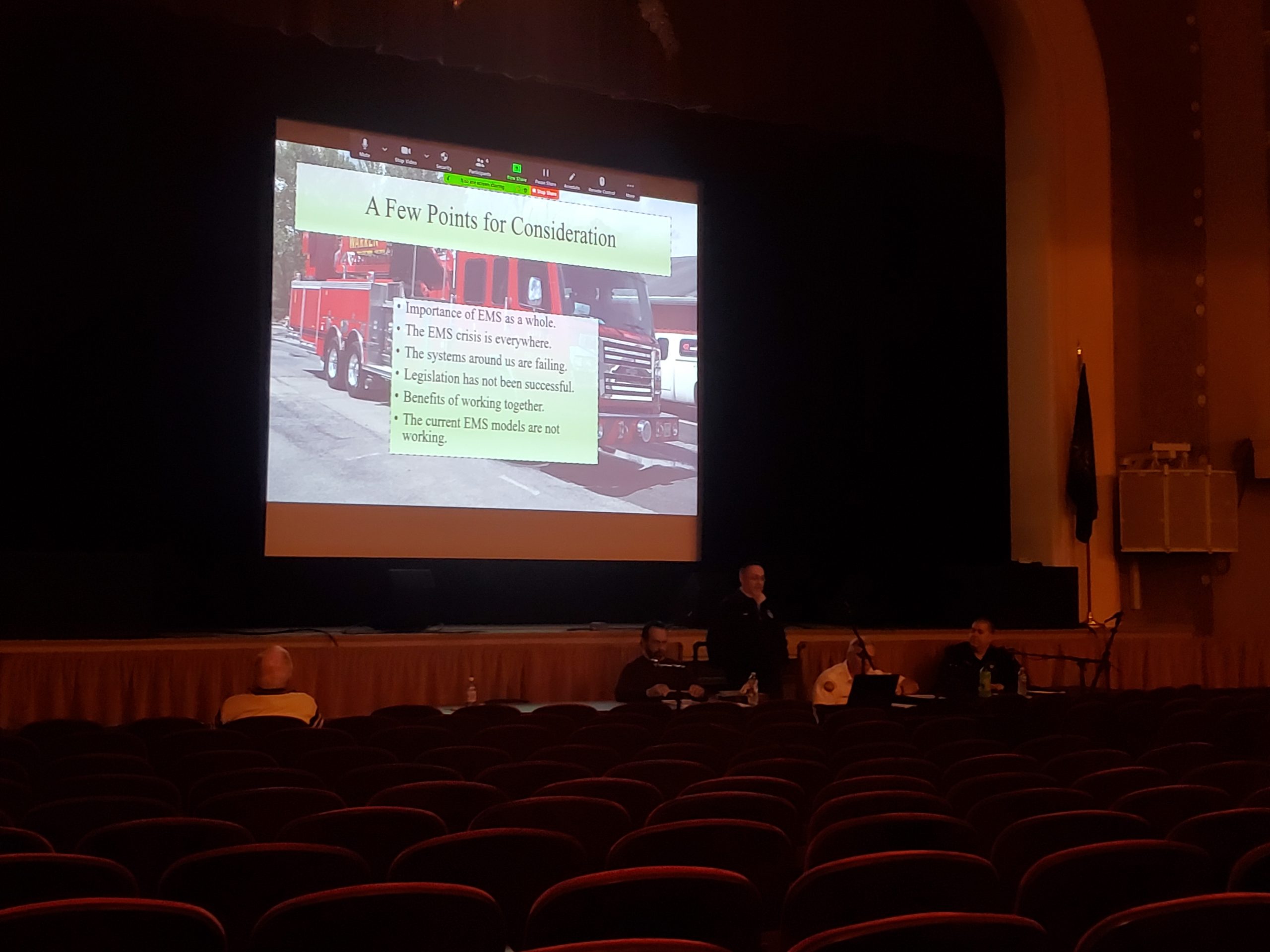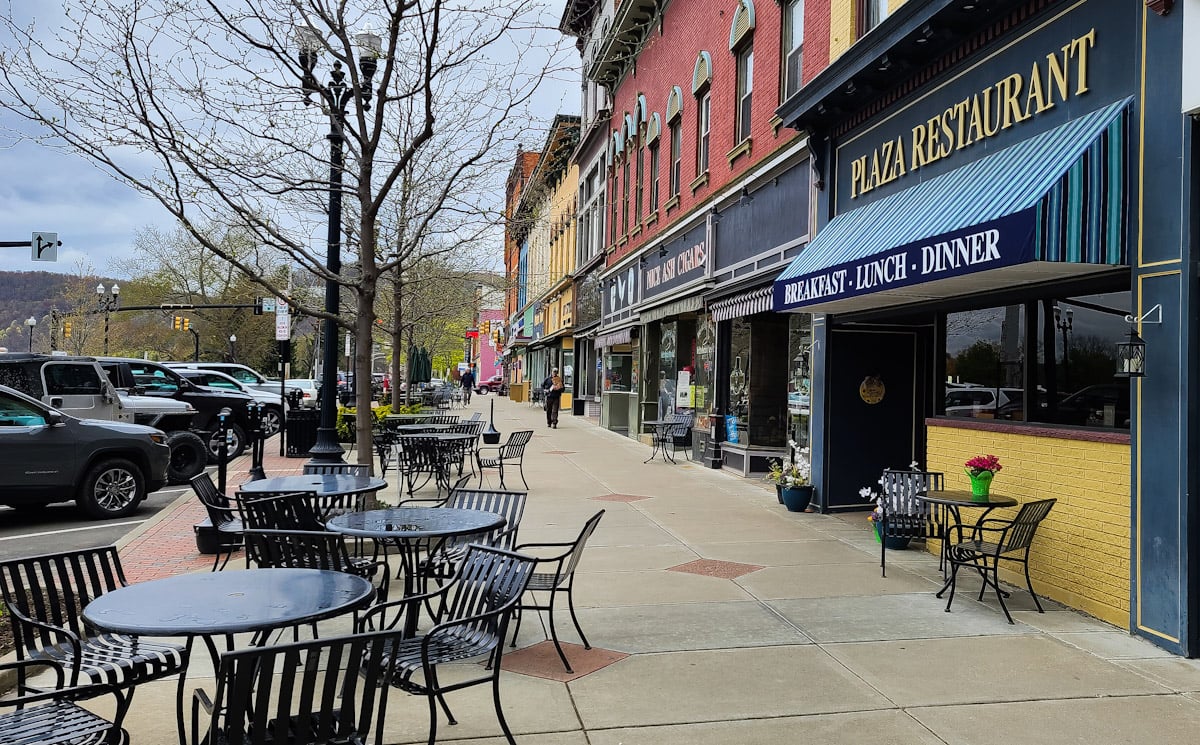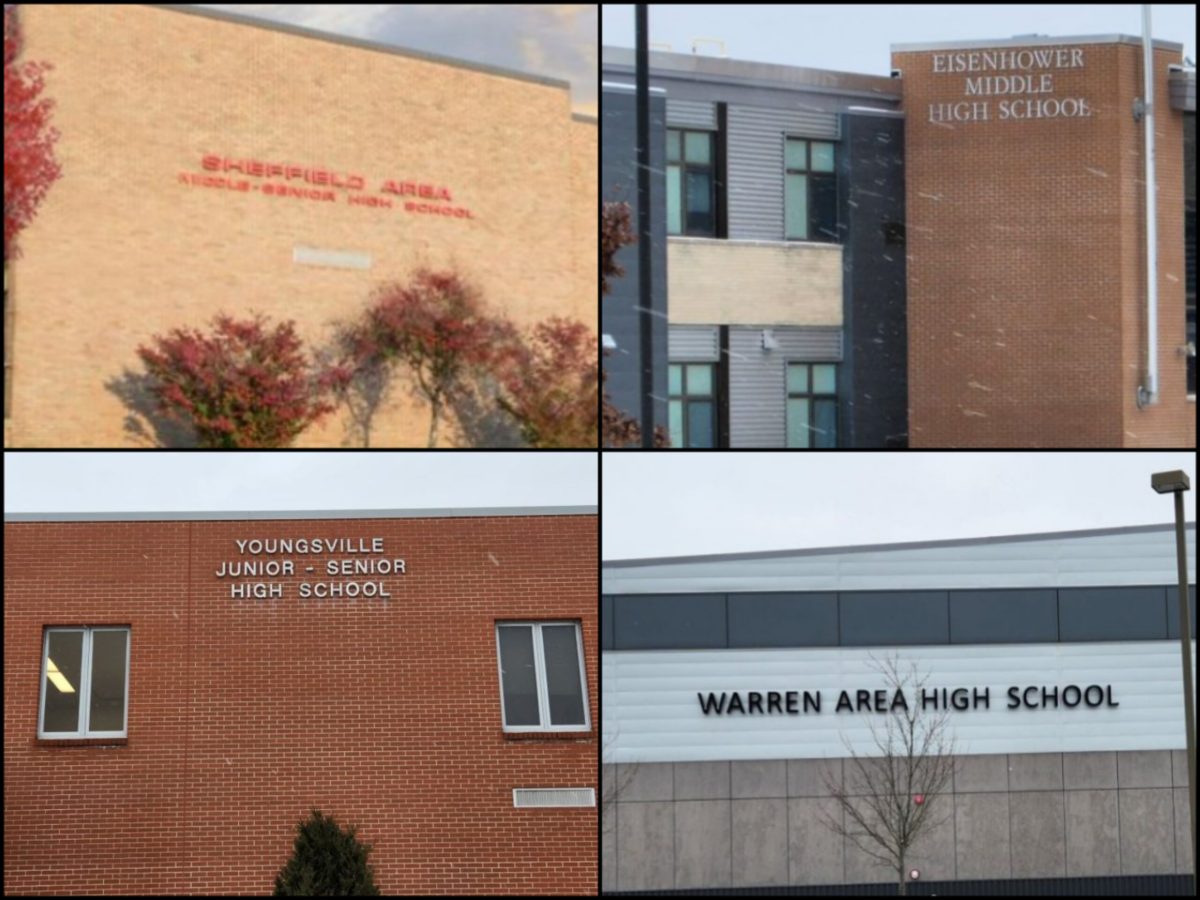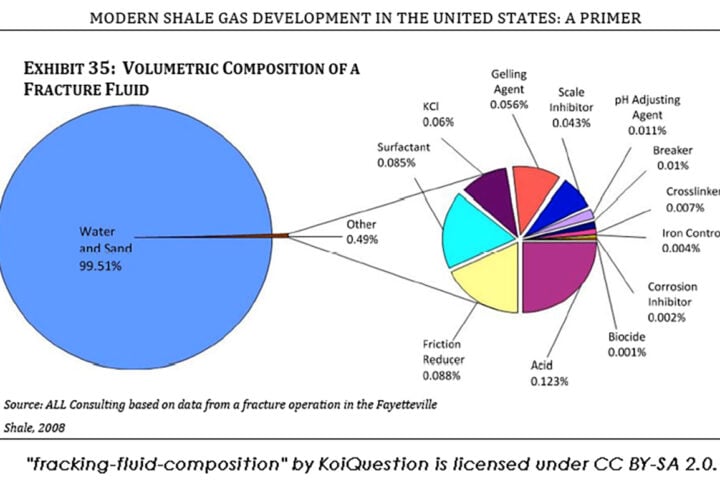WARREN, Pa. – The importance of the pilot program that has paid Warren Department Firefighters covering some daylight shifts in Pleasant Township was discussed during a public meeting Thursday at the Struthers Libary Theater in Warren.
In the program, the Warren Fire Department, which is a professional department with full-time firefighters, is sending two firefighters to Pleasant Township three days a week during daytime hours (7 a.m. to 3 p.m.) to respond to calls.
Officials have continued to discuss a potential permanent agreement that would see that expand to five days per week, with the option to backfill immediately if personnel leave the station.
“If the pilot program succeeds, city staffing is maintained and townships cover the costs of the service they desire,” Warren Fire Chief Rodney Wren said. “Our goals are to get personnel and ambulances out the door quickly so we can save lives.”
Wren said there are a few reasons why the program is important.
According to Wren, response times for volunteer departments like Pleasant Township have increased because of a decrease in the number of volunteers.
When that happens, Warren’s department gets called outside of the city and, with that, costs rise for the Warren FD. The City is also seeing an increase in the number of dropped calls.
The pilot program takes care of some of those issues with response times for Pleasant Township getting better and the Warren FD being able to recoup some of the costs since Pleasant Township is paying for the coverage.
“If the pilot program succeeds, city staffing is maintained and townships cover the costs of the service they desire,” said Wren.
According to Wren, the Warren FD has seen an increase in responses outside the city with 124 calls to Pleasant Township last year and 110 so far this year as of Sept. 1.
“One of the biggest reasons for the large number in Pleasant is Warren Manor,” Wren said. “Most of the time we’re in Pleasant, we’re going to the Manor. We can see we have a hole there and we’re trying to fix it.”
Overall, Wren said there have been 836 calls county-wide outside the city so far this year.
“That’s a big number,” Wren said. “If you look at how critical insurance companies are of our critical care reports, it’s getting harder and harder. In the next five years, this is going to get worse.”
Many of the calls are of an EMS-related nature, and there has become an EMS crisis across Pennsylvania, Wren said.
“The EMS situation has become a crisis everywhere,” he said. “EMS in places in our state, in a lot of states, is failing. Legislation has not been successful. There are many benefits to working together.”
Sam Pascuzzi, the former Warren FD chief who spent more than 30 years with the department before retiring in 2018, said he recognized the problem going as far back as 2004 and is still working to correct it now as a city resident.
“Townships are seeing longer response times,” Pascuzzi noted. “That equates to a reduction in services, which has accelerated over the last five years. If we don’t do something about it, in my opinion, it will get worse. It has got worse because we haven’t done anything about it.”
Pascuzzi said it was in 2004 and 2005 that he noted the uptick in the number of dispatches outside the city due to lack of staffing. He said he also became aware of discussions across the state of issues that the VFDs were having with staffing and manpower.
“It’s always better to get ahead of things,” Pascuzzi said.
While Pascuzzi was proactive, he said the state lagged behind.
“There was a lot of talk, but there wasn’t any direction that was going to formulate any action,” Pascuzzi said. “At that point, I went to City Manager (Nancy) Freenock and said it was time to go to townships to try and find solutions that were fair, as well to city taxpayers. The city was supplementing services in those townships. By that time, we were closing in on 400 responses per year outside the city.”
The benefits, as Wren pointed out, are wide-reaching.
“We’re going to benefit from each other’s experience and the sharing of resources,” Wren said. “We’ll assist with certifications, share training costs and work together to make it more affordable.”
Wren stressed the cooperation of local government.
“Cooperation with local government allows defined expectations of departments,” he said. “Cooperation provides a higher level of service.”































